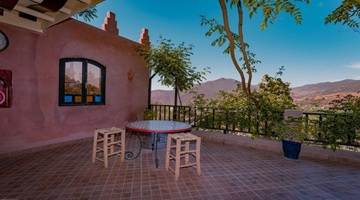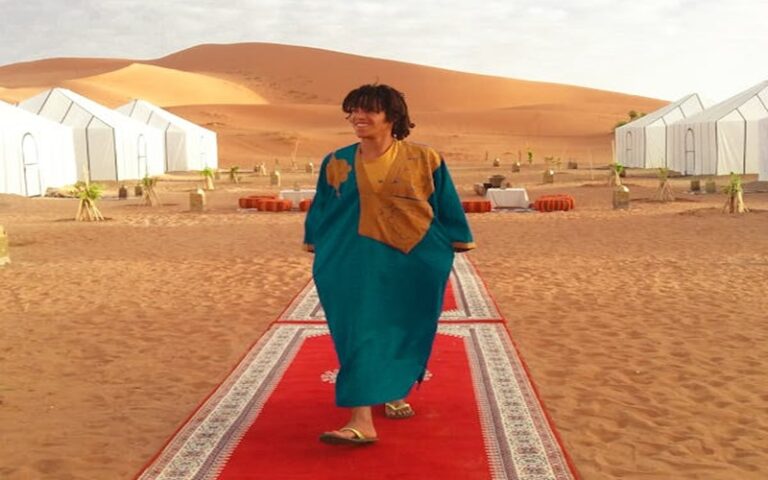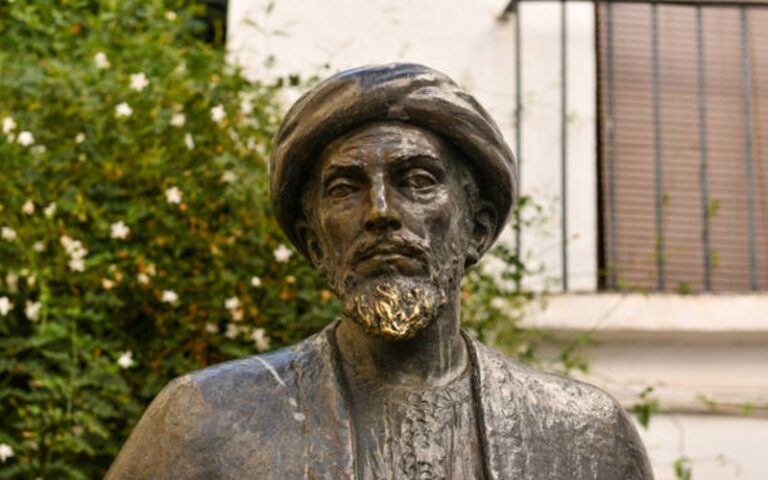Exploring the Concept of D’yafa in Moroccan Darija
Introduction Hospitality is a universal value, essential in defining cultural identities and relationships within communities. In Moroccan culture, the term D’yafa (ضيف, pronounced "dee-ya-fa") signifies...
Introduction Hospitality is a universal value, essential in defining cultural identities and relationships within communities. In Moroccan culture, the term D’yafa (ضيف, pronounced "dee-ya-fa") signifies more than just a warm welcome; it embodies the heart and soul of Moroccan tradition. Deriving from the Arabic root for 'guest,' D’yafa encapsulates the Moroccan ethos of treating visitors with the utmost respect, generosity, and warmth. This paper will delve into the significance of D’yafa in Moroccan Darija, exploring its cultural implications, historical contexts, and its role in contemporary society. D’yafa, its significance in Moroccan society, its manifestation in various social settings, and its...




